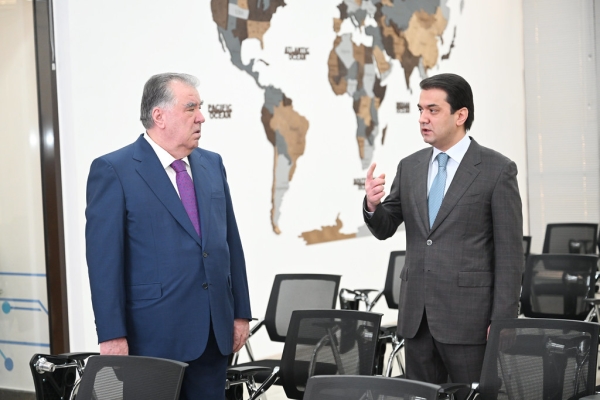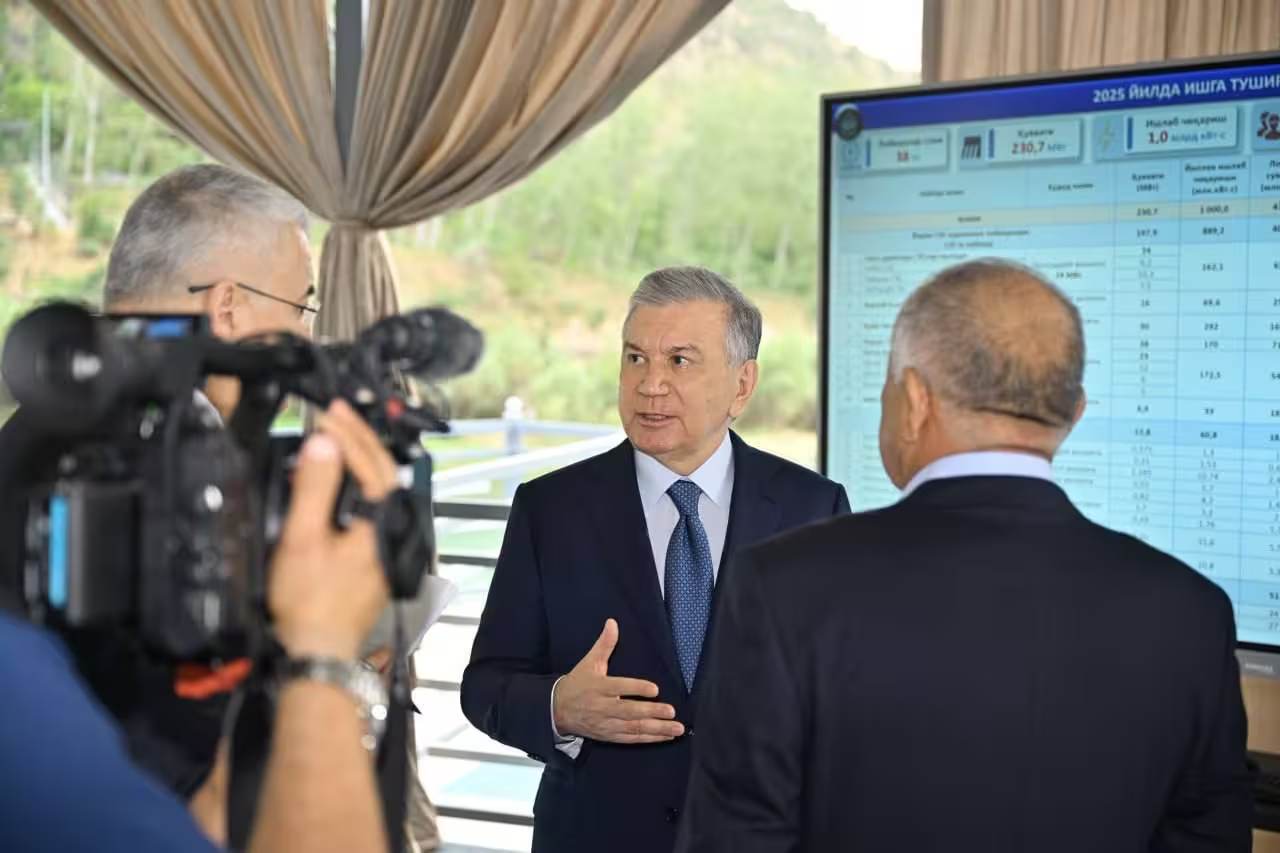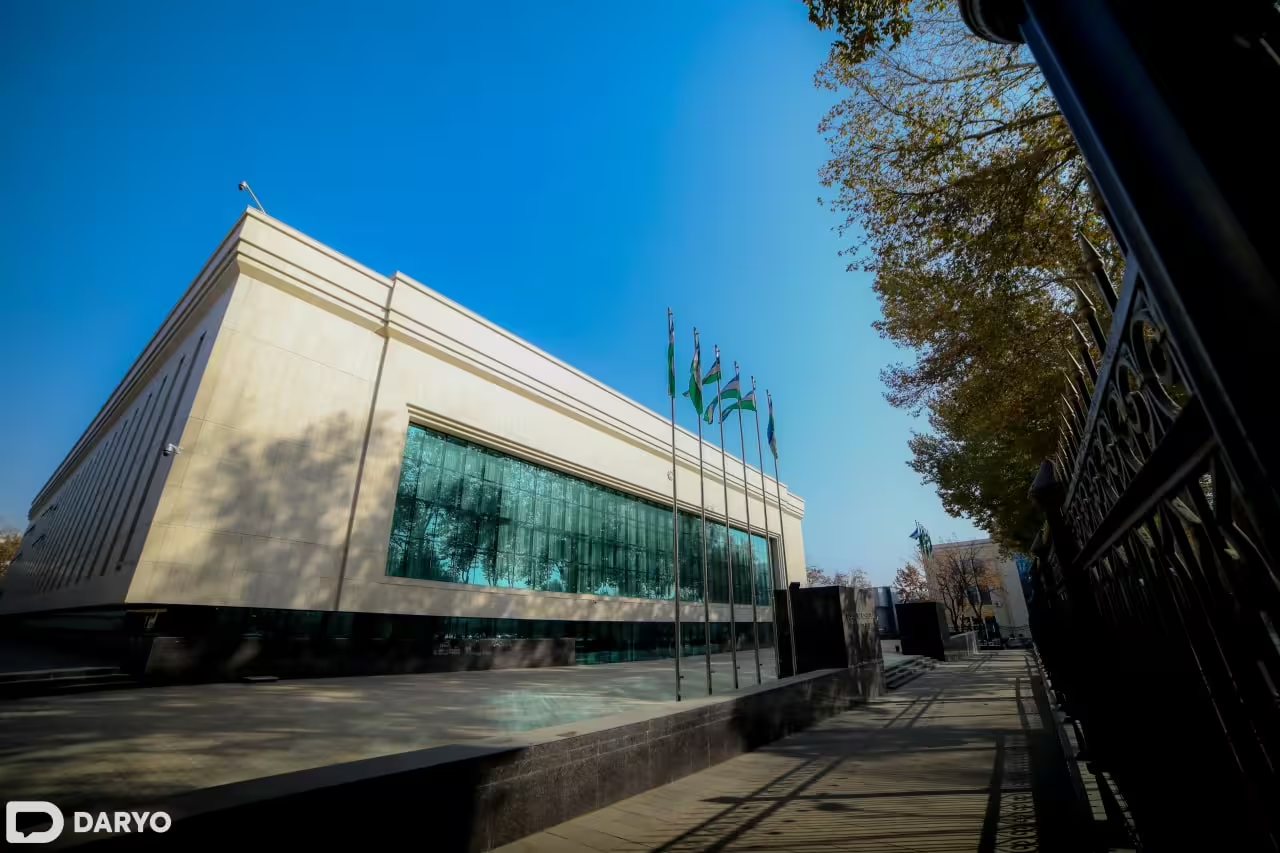
President Emomali Rahmon, alongside Majlisi Milli (Tajikistan’s upper chamber of parliament) Rustam Emomali, who is also Mayor of Dushanbe, today officially inaugurated the new headquarters of the State Unitary Enterprise (SUE) “Smart City” on Jalol Ikromi Street in Dushanbe, according to the Tajik president’s official website.
The launch of the Smart City facility aligns with presidential directives outlined in the annual address to the Majlisi Oli (Tajikistan’s parliament), designating 2025–2030 as the “Years of Development of the Digital Economy and Innovation.” The opening also supports Dushanbe’s ongoing efforts to digitize public services and expand the use of cashless payments.
A hub for digital public services and urban innovation
The Smart City enterprise was established by mayoral decree on May 7, 2019, with the aim of enhancing public service delivery, ensuring citizen safety, supporting urban planning, and fostering socio-economic development through digital solutions.
The newly constructed building, developed as part of preparations for the 35th anniversary of Tajikistan’s independence, was funded by the Dushanbe city government. Built by local specialists with adherence to national architectural and urban planning standards, the facility includes a basement and four stories, with workspace for over 200 employees.
Occupying a 6,300-square-meter site, the building features 94 offices, 4 conference halls (each seating up to 120), cafeteria for 60 people, a data processing center equipped with more than 120 servers, a monitoring center spanning 200 square meters, staffed 24/7 by officers from the city’s police, traffic police, and emergency services, and additional facilities including a library and gym for employees
Strengthening infrastructure through smart systems
During the opening, President Rahmon was briefed on various Smart City initiatives that aim to integrate technology into municipal infrastructure. The Smart City model, rooted in global digital urban development strategies, targets several key sectors, including transportation, education, healthcare, public utilities, and safety.
Projects under the Dushanbe Smart City framework include: digital education and healthcare systems; installation of mobile communication infrastructure; public Wi-Fi access; solid waste management and recycling systems; development of a city-wide electronic map; smart transport and traffic management; and the Safe City public security initiative.
The Tajik president’s official website says over 20 digital initiatives are currently being implemented across the capital, supported by a team of young professionals—graduates from both domestic and international universities—skilled in foreign languages and IT.




